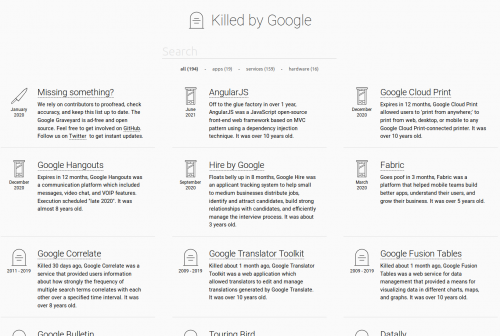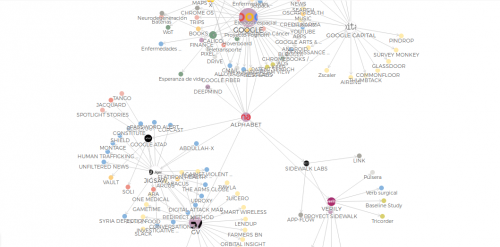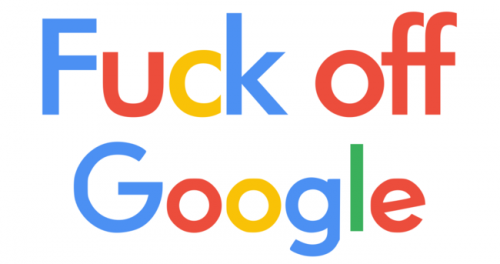Chrome itself has about 72 percent of the desktop-browser market share. Edge has about 4 percent. Opera, based on Chromium, has another 2 percent. The abandoned, no-longer-updated Internet Explorer has 5 percent, and Safari—only available on macOS—about 5 percent. When Microsoft’s transition is complete, we’re looking at a world where Chrome and Chrome-derivatives take about 80 percent of the market, with only Firefox, at 9 percent, actively maintained and available cross-platform.
The mobile story has stronger representation from Safari, thanks to the iPhone, but overall tells a similar story. Chrome has 53 percent directly, plus another 6 percent from Samsung Internet, another 5 percent from Opera, and another 2 percent from Android browser. Safari has about 22 percent, with the Chinese UC Browser sitting at about 9 percent. That’s two-thirds of the mobile market going to Chrome and Chrome derivatives.
Back in 2009, Google introduced SPDY, a proprietary replacement for HTTP that addressed what Google saw as certain performance issues with existing HTTP/1.1.
SPDY was subsequently used as the basis for HTTP/2, a major revision to the HTTP protocol developed by the Internet Engineering Task Force (IETF), the consortium that develops Internet protocols with members from across the industry. While SPDY did initiate the HTTP/2 work, the protocol finally delivered in 2015 was extensively modified from Google’s initial offering.
YouTube uses a feature called HTML imports to load scripts. HTML imports haven’t been widely adopted, either by developers or browsers alike, and ECMAScript modules are expected to serve the same role. But they’re available in Chrome and used by YouTube. For Firefox and Edge, YouTube sends a JavaScript implementation of HTML imports which carries significant performance overheads. The result? YouTube pages that load in a second in Chrome take many seconds to load in other browsers.
Microsoft is committed to shipping and supporting whatever proprietary tech Google wants to develop, whether Microsoft likes it or not. Microsoft has been very explicit that its adoption of Chromium is to ensure maximal Chrome compatibility, and the company says that it is developing new engineering processes to ensure that it can rapidly integrate, test, and distribute any changes from upstream—it doesn’t ever want to be in the position of substantially lagging behind Google’s browser.
But this commitment ties Microsoft’s hands: it means that the company can’t ever meaningfully fork Chromium and diverge from its development path, because doing so will jeopardize that compatibility and increase the cost and complexity of incorporating Google’s changes. This means that, even if Google takes Chromium in a direction that Microsoft disagrees with or opposes, Microsoft will have little option but to follow along regardless.




